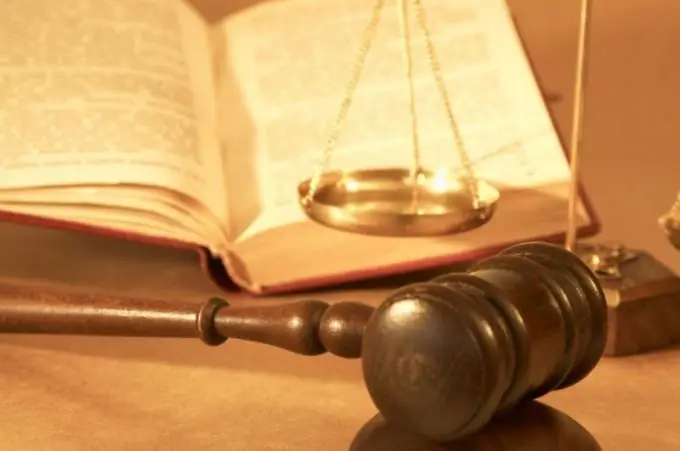A change in testimony in court does not threaten a witness or other participant in the process with any punishment if the said change was made for objective reasons. The exception is cases of knowingly giving false testimony, which is a crime and entails criminal liability.

Changing testimony in court is a fairly common phenomenon, since witnesses or other persons who are interrogated during the proceedings may forget or recall certain events and circumstances relevant to the case under consideration. However, these changes must be caused by objective reasons that are not related to the desire of the witness to mislead the court, to prevent the adoption of a lawful, well-grounded decision. If the testimony is changed deliberately, then criminal prosecution may follow if this fact is subsequently revealed. The basis for attracting is a special provision of the Criminal Code of the Russian Federation, which prohibits giving deliberately false testimony.
What happens when a testimony is changed in court?
If a witness changes his testimony in court before the final decision (verdict) in a criminal case is delivered, then the prosecution usually requests that his previous testimony be read out in court. Often the testimony changes in favor of the defendant, therefore, in the process of comparing the results of the first interrogations and the changed data, the representative of the prosecutor's office and the court try to find out which information is true, establish the reasons for this behavior of the participant in the process. If the testimony has changed as a result of forgetting certain details, other objective reasons, then no liability will follow, however, the court may treat the results of the interrogation of such a witness with less confidence.
When should be prosecuted?
Criminal proceedings can be brought against him for giving false testimony if, on the basis of this information, a court has passed an unlawful verdict, and the witness has deliberately committed such an act. This is usually found out after a certain time after the end of the process in which the false readings were given. As possible punishments for this crime, a fine (up to eighty thousand rubles), compulsory or corrective labor, arrest, the term of which can be up to three months, can be imposed. A witness who deliberately gives false testimony must take into account that he will be released from criminal liability in the event that he promptly informs about this act (before the verdict is pronounced), that is, does not allow negative consequences from a change in testimony.






